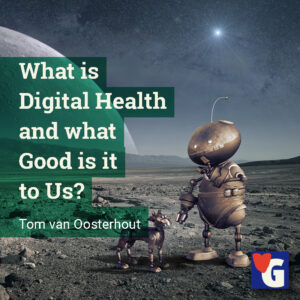
Digital health has seriously taken off during the past few years. But what is digital health? No computer, as yet, has been able to cure any ailments.
Is digital health perhaps about those cute little digital dogs, called Aibo? They keep you company when you’re lonely.
Or is digital health about those numerous digital health-training programs for medical staff? Or the advanced computer storage and processing devices, without which no nurse or doctor would be able to perform their job. Even more complicated are surgical robots.
However, the digital headlines have most severely been hit by the speedy rise and vast amount of consumer digital health supporting systems. These systems fall in the category of assistive technologies, about which I’ve written in another article very briefly.
Some of the links might be affiliate links. As an affiliate associate, we earn a small commission when you purchase any of the products offered through the shared links at no extra cost for you. This helps us to maintain this website.
Table of contents
Your mobile phone as a digital health-device
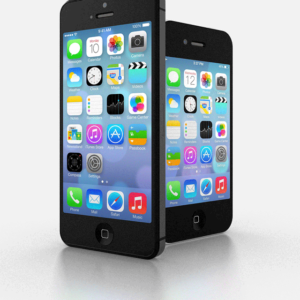
A couple of years ago I was so dizzy when I woke up in the morning I couldn’t get out of bed. Since I am notorious for my seasickness (whales) and air sickness (planes), at first I did not think much of it. After a couple of minutes, the dizziness would probably pass. But it didn’t. This worried me.
What to do? I couldn’t get out of bed and go see a doctor. I wasn’t able to stand on my feet. Moreover, it was at the weekend. No doctor would come to my bed unless it had to be very serious. Hannie called the doctor and asked her what to do.
The doctor wanted to know whether I could get on the phone. This is where you see the advantage of a mobile phone! The phone came to me. I was on my side in bed. Hannie put the mobile phone on speaker. The doctor posed me some very simple questions.
After my answers, she diagnosed me with an inflamed cochlear nerve (nervus cochlearis; also auditory or acoustic neuron). At the end of the day, it should be better. If not, I should visit my physician the next day.
The entire consult lasted no more than five minutes. Everybody was happy. Moreover, since at the end of the day I actually felt much better. Besides, the doctor and us didn’t hamper the environment.
A pacemaker

Were we live, we can walk several routes. One of our favourite circle routes goes up the hill in the direction of the mountains.
And back down the hill with a beautiful view of the Guadalantin valley. If the weather is dry and there’s some wind, we even might be able to see the sea. Up until now, this has not yet happened.
Just after New Year, going up the hill in the sun, an old man came walking down the road carrying two big plastic bottles. We had seen him come out of the house where there is always a very loud radio or TV on.
He stopped us and told us why he had the bottles in his hands. His water tubing was out of order. So he was on his way to collect water from his neighbour. In his talkative mood, he spoke of his fortune to be alive and happy at his age. Although he already suffered two heart attacks.
‘Feel here’, he said to me and guided my hand to his chest. There I could feel his pacemaker. “You know what is funny”, he continued, “my doctor knows when something is wrong with my heart, hours before I do. It’s all connected with a satellite and his computer. Saint Peter will have to wait for me a little longer.”
Your watch watches over you
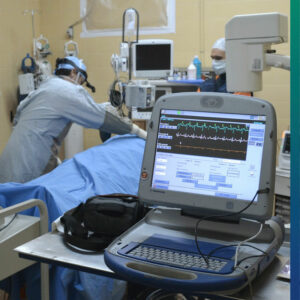
I don’t wear a watch. No ring or necklace. No piercings or tattoos. I have no pacemaker. Slowly it starts to look like I’m walking around naked all day. Or at least, I seem to be missing a ‘digital angel’ watching over my shoulder.
However, many people seem to benefit from the digital possibilities. And these possibilities are indeed numerous. Of course, there is an enormous amount of healthcare information on the Internet. But this is usually only one-way communication.
There are also support forums on secure, members-only websites. Very interesting are the ‘opinion platforms’. Such as ‘Care Opinion’ in the UK. You can post good as well as bad comments on this website. Provided you watch your language and don’t get personal.
Health care information is also an important subject on social media, such as Instagram, Pinterest, Facebook and Twitter. Less known is the use of these media for health research purposes. However, most of this research is done with adolescents or young adults. Perhaps the exhaustive use of social media by the elderly has not yet been discovered by digital health researchers?
Be alert
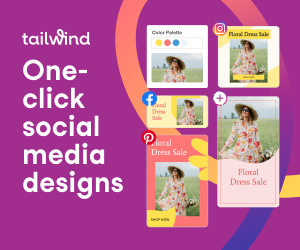
There are some rules of thumb if you try to judge information that’s posted on the Internet:
- If it’s not possible to track down the persons that actually produce the information, don’t trust it.
- This is the same for sensitive information without a source. Most non-personal information in this blog I have adopted from the free open source scientific magazine Digital Health.
- When it’s impossible to contact someone about the information presented, discard the information.
- Never, ever share personal sensitive information on the Internet. Unless you’re absolutely, 100%, sure the website you consult is secure, and you only share the information with a professional physician, known to you by name.
Digital health must-haves
Many people use digital health devices. Much to their satisfaction and benefit. Here I will only relate to some of them:
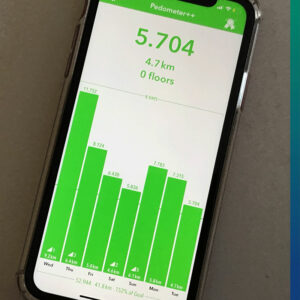
- Wearable fitness trackers. These trackers measure physical activity and provide feedback. They’re not only popular among the young. But young people and adolescents value these trackers. Specifically for (a) motivational cues, (b) general health information and (c) challenges.
- The pedometer. This is a valuable device. Even I use it everyday on my mobile phone. It’s even more valuable when the pedometer is hooked through the Internet to a computer, and a consultant who can provide assistance. This assistance can be upgraded to ‘socio-cognitive’ intervention. For instance, to support a health program. If you plan on using a pedometer in such a sophisticated way, there are three rules of thumb: (a) be sure that a secure website is used, (b) be sure to use a validated, affordable and easy to use pedometer, (c) be sure the device is adapted to your literacy level.
- Biosensors. These sensors monitor some of your more important body functions. Heartbeat, blood pressure, temperature, moist. They come with telemonitoring programs. This can be an automated answering program, or an actual live person who reads the data from your sensor and gives real-time feedback. This real-time feedback can be decisive, as has been proven in programs to curb obesity.
What’s your opinion about digital health? Tell us in the comment box below.

